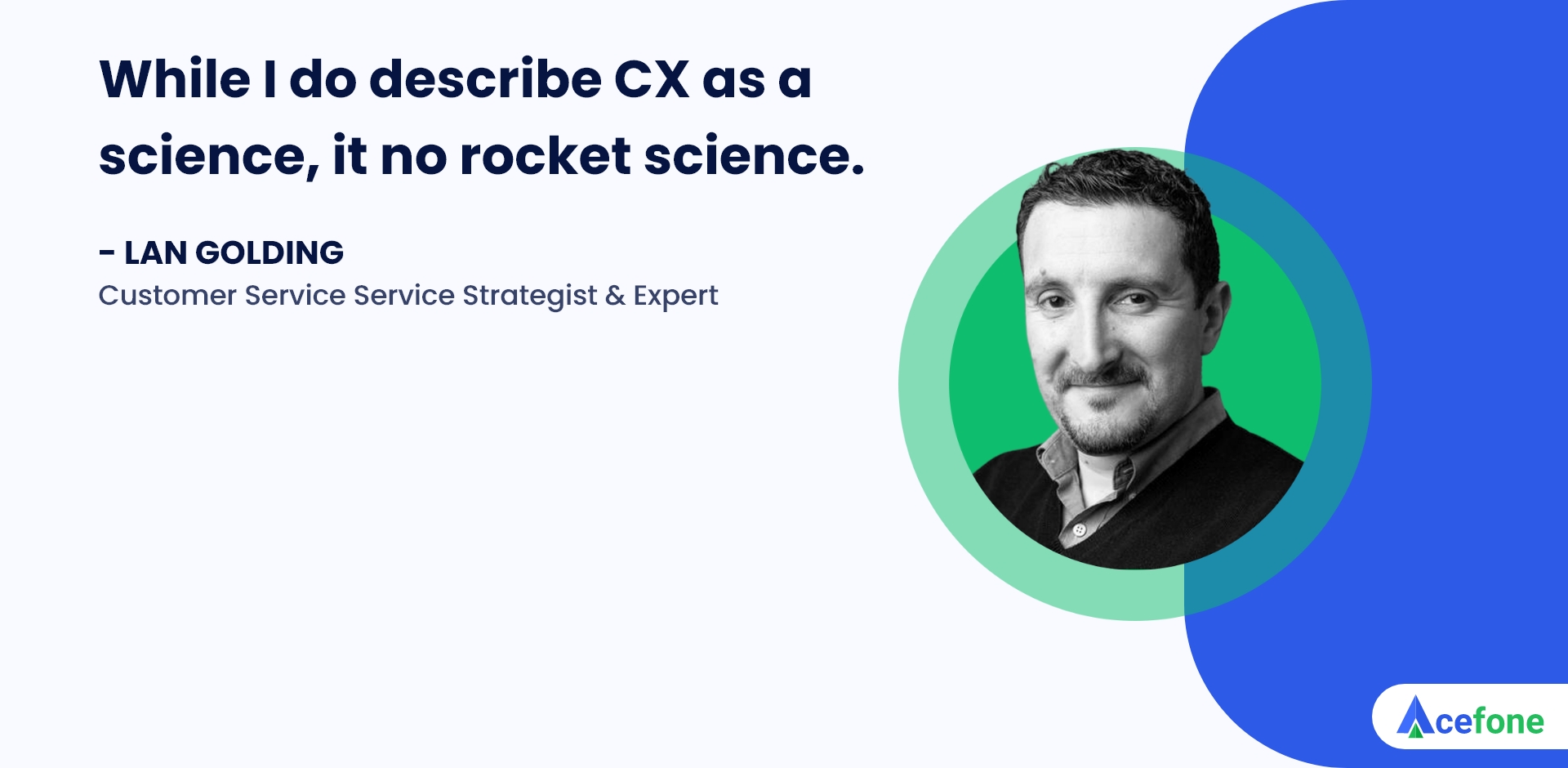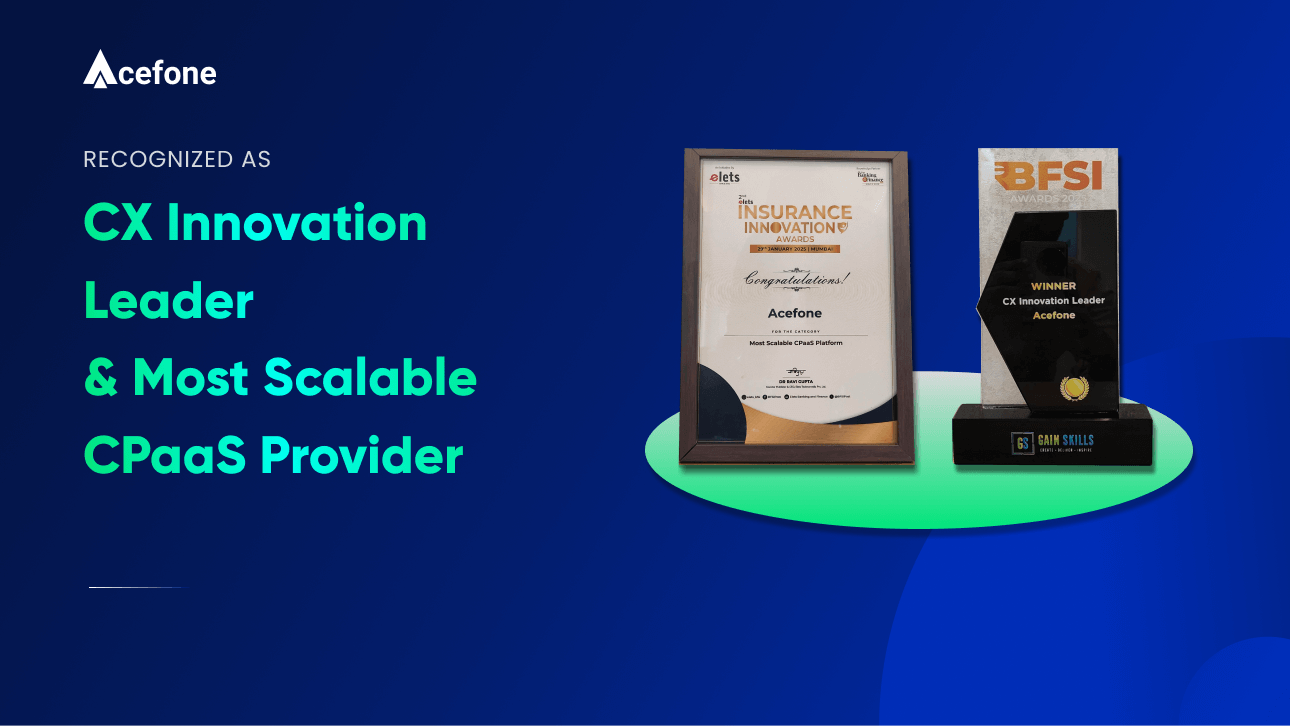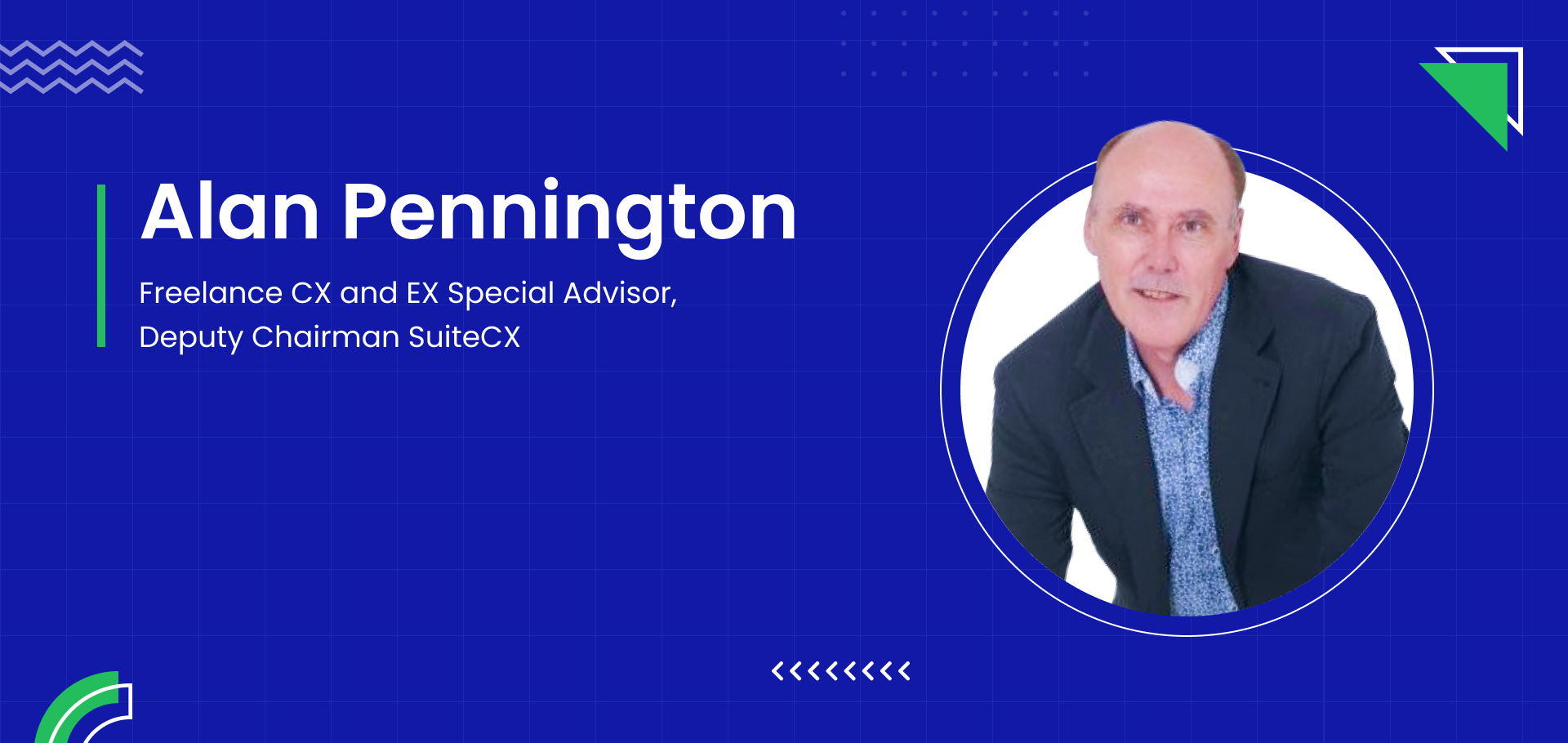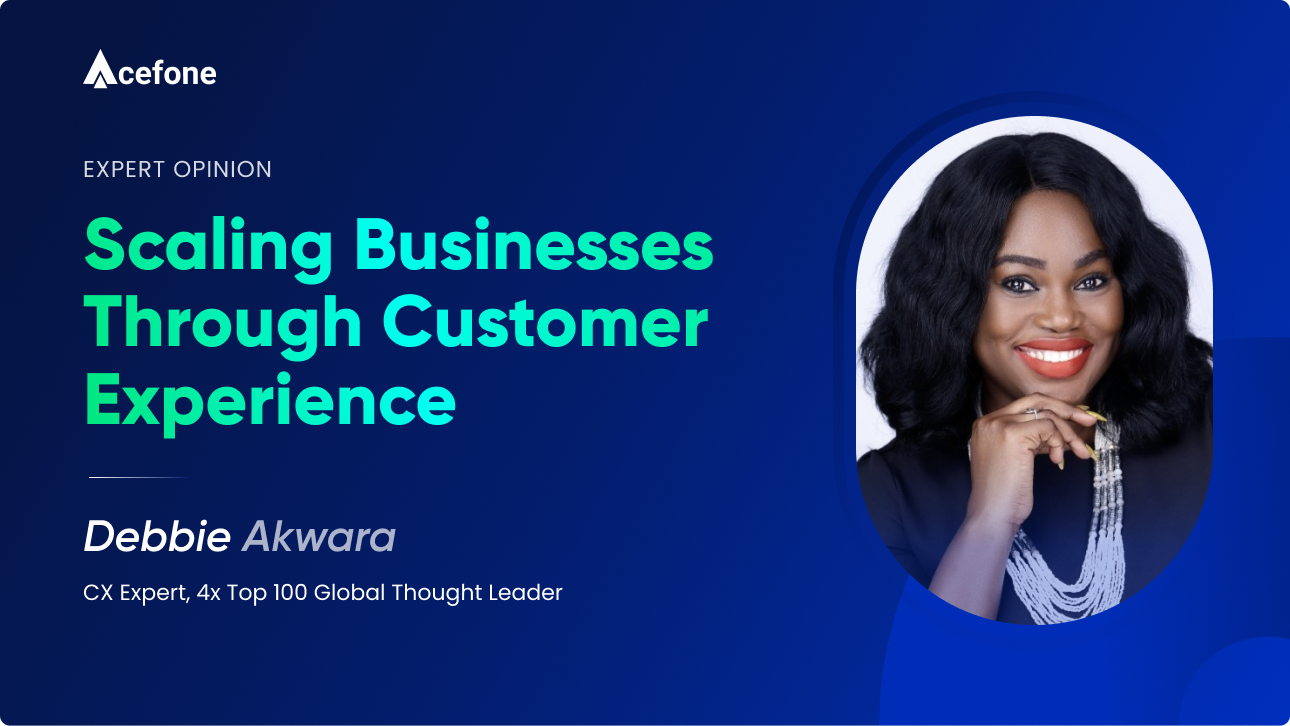What do my customers want? Am I catering to their needs satisfactorily? What more can I do?
In a market as consumer-centric as the one we see today, these questions often give business leaders sleepless nights.
In a growing economy like ours, people tend to spend more and save less. No longer do markets exist solely as a place to purchase essentials. Now, businesses vie for meaningful interactions with clients so as to create long-term relationships.
And truth be told, customers can make or break any business. One good review on social media could potentially go viral and skyrocket your business. Conversely, negative word-of-mouth could bring you crashing down.
What does all this teach us? It’s quite simple—focus on the customers, make them your priority. This means you have to make sure your firm’s customer service does not stop at satisfactory but is absolutely delightful.
This may sound like a Herculean task, but even the tallest of buildings are made brick by brick. Certain smaller changes in your business practices can make all the difference and elevate your customer experience. And we know just how to get you started.
Ian Golding is a customer experience specialist and certified CX professional, having spent 20+ years in business improvement. A keynote speaker and featured columnist for CustomerThink, he has worked across various industries, advising businesses on the field. Ian’s first book, Customer What?: The honest and practical guide to customer experience, was published in April 2018.
Here are some insights from our exclusive interview with Ian wherein he gives tips to businesses—new and established—on how to tackle customer experiences effectively.
Ques 1: Why did you choose customer experience as your career?
I am not sure I chose CX as a career—I’m absolutely certain it chose me. I, like many other CX professionals, had been practising customer-centric ‘thinking’ many years before CX became recognised as a profession.
The big turning point in my career was the time I spent working at General Electric in the ’90s. Still led by Jack Welch, GE was a wonderful example of customer-centricity at the time. Jack had a huge influence on what I have done ever since.
Ques 2: According to you, what is the difference between a good and a great customer experience strategy?
This is an interesting question. It’s difficult to provide a concrete answer generically—it would very much depend on the specific circumstances. However, if an organisation has a desire to become sustainably customer-centric, defining and embedding a customer experience strategy is a core component of doing so.
A CX strategy defines what the intended experience is–how an organisation wants its customers to feel every time they interact with them. I would define a good strategy is one that has been clearly articulated and understood but is not yet consistent or mature enough to lead to differentiation.
A great strategy is one that has been embedded in the way the organisation works, enabling it to differentiate not just on its products and services, but on the whole experience!
Ques 3: You started your career as an auditor, and today, you are a founder and CEO of Customer Experience Consultancy Ltd. How would you describe this journey?
It has certainly been a rich and rewarding one. Having spent 17 years in corporate organisations, I learned that my brain was wired to do ‘the right thing’—for customers as well as my colleagues.
However, I learned the hard way that organisations do not always want people to ‘do the right thing’. All too often, I was told to do things that would benefit my organisation in the short term, but to the detriment of the customer.
This I found very difficult to do. I would regularly challenge thinking—very often to my own detriment. In fact, I’ve been belittled and patronised for my desire to do what’s right for customers. I’d end up thinking I was the anomaly.
But over the last 8 years, I’ve come to realise that changing the way traditional organisations think and act is incredibly challenging. I consider myself to be hugely fortunate to have had the opportunity to work with hundreds of firms, of all shapes and sizes, in 44 countries around the world.
I can now combine my experiences of doing CX on the inside, to support businesses to do CX from the outside. Additionally, I am hugely passionate about supporting individuals—my fellow CX practitioners.
Ques 4: What difficulties did you face in the beginning when advising companies on delivering better CX?
There were many, actually. It all depends on the specific scenario, but the top three are:
Lack of support from and involvement of leadership: Very often, fellow practitioners needed my help or support, but the ultimate decision-makers were not on board.
Lack of knowledge: CX has become a science. Firms sometimes think they know what CX is all about, but bringing the science to life in full can be very eye-opening.
Lack of awareness: Many businesses aren’t aware of brilliant CX professionals who can bring in genuine specialist knowledge to the table.
Ques 5: How do you think businesses can provide the best customer experiences effectively?
By keeping it simple! While I do describe CX as a science, it’s no rocket science. People tend to radically overcomplicate things, and as a result, fail to realise any demonstrable change.
If a simple but structured approach can be adopted, a customer experience focus can completely change the fortune of an organisation. That is why I am such an advocate for the need to embed a customer experience framework. Structure and rigour are essential.
Conclusion
Ian Golding has a lifetime of experience in the field of customer service. By witnessing and initiating client-centric changes himself, he’s realised what works best and what doesn’t. He is also very inclined to help out others in the field.
The insights from this interview can really help you boost customer service, and consequently, customer relationships, for your company. In no time, you’ll be reaping higher profits and improved productivity.
Feel free to reach us at any time to understand how cloud technologies can aid your customer service ventures. Simply call 1888-859-0450 or drop an email at [email protected].














